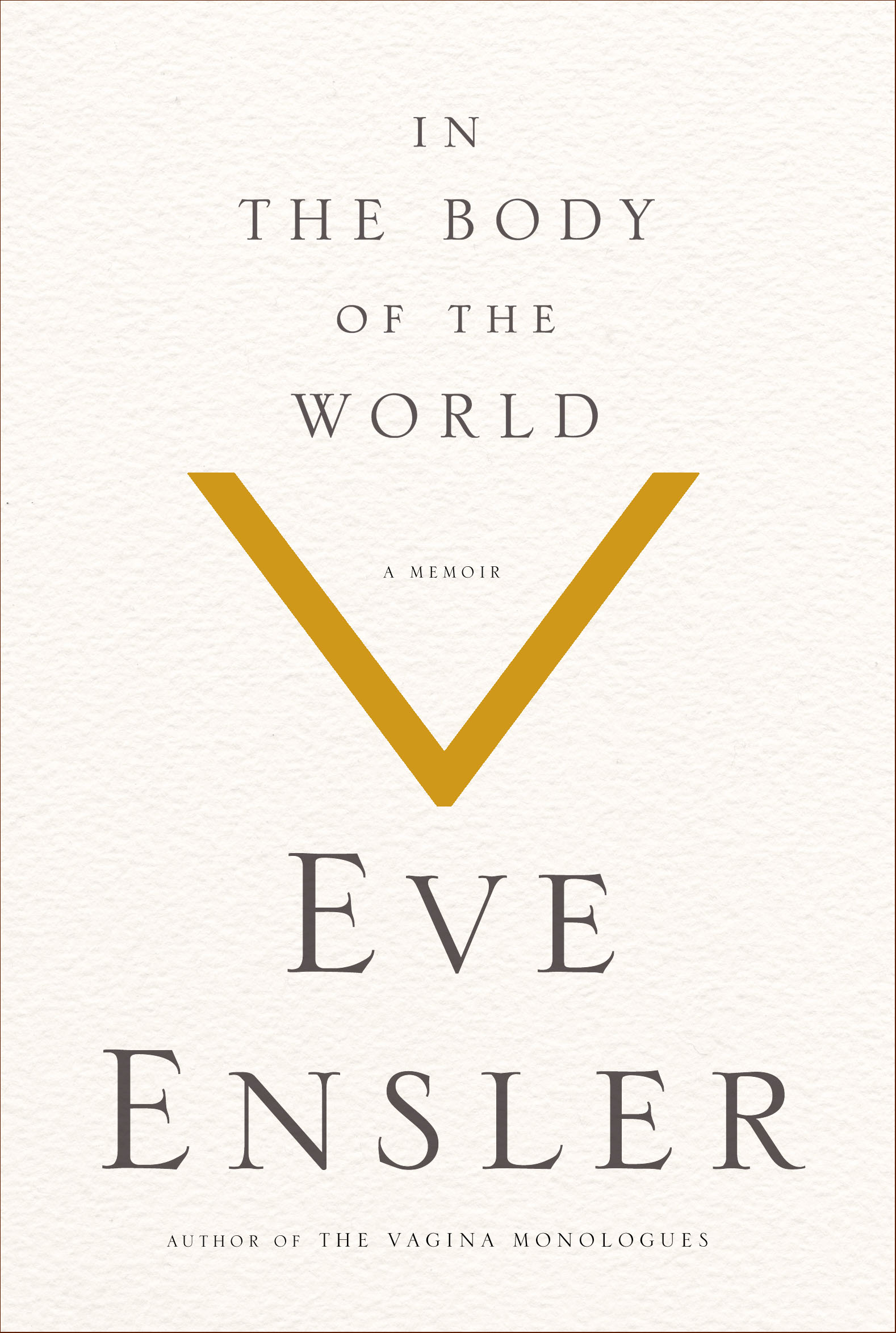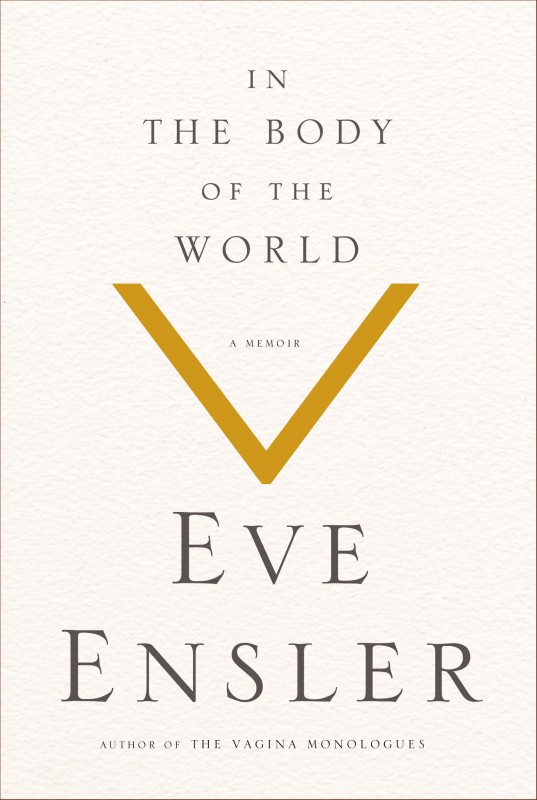11 Nov / In the Body of the World by Eve Ensler

 To not stick this one in your ears would be such the missed opportunity. At just over four hours, this is undoubtedly longer than your usual theater performance, but with Eve Ensler herself so passionately narrating, her memoir transforms into a spectacular aural extravaganza.
To not stick this one in your ears would be such the missed opportunity. At just over four hours, this is undoubtedly longer than your usual theater performance, but with Eve Ensler herself so passionately narrating, her memoir transforms into a spectacular aural extravaganza.
At 57, the woman who made female anatomy an international theatrical phenomenon via her signature The Vagina Monologues, is diagnosed with uterine cancer. For most of her life, Ensler was “exiled from [her] body.” Her privileged New York suburban upbringing hid the horrors of her childhood: she was repeatedly raped by her father, denied by her mother, distanced from her sister.
As an adult, she “tried various routes to get back [to her body]. Promiscuity, anorexia, performance art.” She traveled the world – 60 countries – “hungry for the stories of other women who had experienced violence and suffering.” Nothing, however, could have prepared her for what she found in the Democratic Republic of Congo: “I went outside what I thought I knew … and I heard stories that shattered all the other stories.”
The experiences are more gruesome than the worst nightmares: be warned because once you hear Ensler, you will not be able to unsee the images she death-defyingly conjures. “All the stories began to bleed together. The raping of the Earth. The pillaging of minerals. The destruction of vaginas. They were not separate from each other or from me … the Congo was where I witnessed the end of the body, the end of humanity, the end of the world.”
And yet these same damaged women showed Ensler “grace and gratitude, fierceness and readiness.” They fueled their miraculous survival with “hunger and dreams, demands and a vision. They conceived of a place, a concept, called City of Joy. It would be their sanctuary.” As she has done over and over again, Ensler mobilized her considerable forces and built their City, scheduled to open in May 2010. But on March 17 of that year, Ensler was forced to stop: “Cancer threw me through the window of my dissociation into the center of my body’s crisis. The Congo threw me deep into the crisis of the world, and these two experiences merged as I faced the disease and what I felt was the beginning of the end.”
The fight for women and girls’ lives throughout the world suddenly became an intimate battle for her own. Not surviving, of course, was never an option – how else could this have been writtem Ensler’s metamorphosis, however, is a surprise even to herself, as her cells rebuild and regenerate in her cut, stitched, poison-filled body that becomes reliant on the bodies of an extended family she has chosen well; they ensure her return to the body of the world to open the City of Hope.
Ensler’s journey is at times nauseating, certainly gasps-to-sobs-inducing, but always remarkable. It’s raw, gut-wrenching, soul-baring. And in the end, it’s a gift … of inspiration, tenacity, gratitude, and the never-lose-sight-of power of hope.
